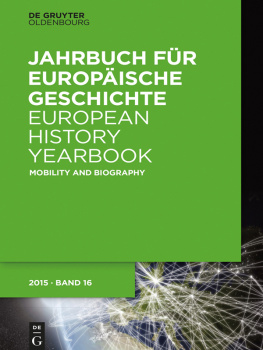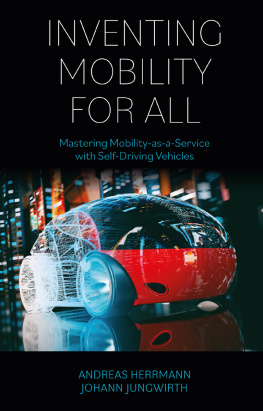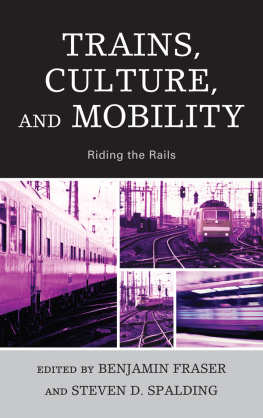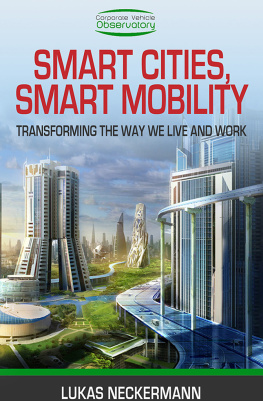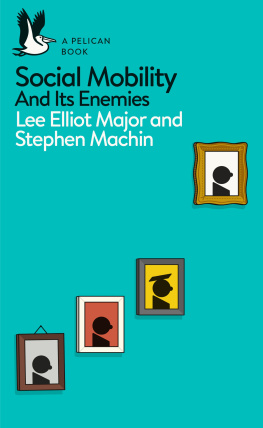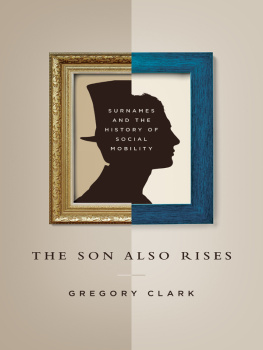
Peter Berger on Modernization and Modernity
With particular attention to his work on modernization and modernity as construed by a sociologist of knowledge, this book offers a sympathetic exposition and evaluation of Peter Bergers work as one of the worlds most accomplished and influential sociologists.
In the context of an examination of Bergers ongoing work on the social construction of reality, styles of consciousness, the role of science-based technology, pluralism, and other pertinent topics, the author also considers Bergers unique and thoughtful approach to research and theorizing. Bergers method of sociological tourism, which departs sharply from the current emphasis in the social sciences on ever more complex and ostensibly rigorous statistical procedures, provides a refreshing move away from the increasingly esoteric and sometimes alienating methodological self-consciousness that characterizes contemporary sociology.
With this distinctive approach, this book will appeal to scholars and students of sociology who share Bergers interest. The importance of modernization and modernity on a world scale is undeniable, and a deeper understanding of their nature and consequences, will also benefit members of the intelligent laity who are not sociological specialists but are open to new ideas that are clearly explained.
Robert Bickel is Professor Emeritus of Advanced Educational Studies at Marshall University, Huntington, West Virginia, and author of Multilevel Analysis for Applied Research and Classical Social Theory in Use.
Routledge Studies in Social and Political Thought
For a full list of titles in this series, please visit www.routledge.com/series/RSSPT
119 Theories of the Stranger
Debates on Cosmopolitanism, Identity and Cross-Cultural Encounters
Vince Marotta
120 Deciphering Goffman
The Structure of his Sociological Theory Revisited
Ramn Vargas Maseda
121 Planet Utopia
Utopia, Dystopia, and Globalisation
Mark Featherstone
122 Weber, Schumpeter and Modern Capitalism
Towards a General Theory
John Love
123 The Cultural Contradictions of Anti-Capitalism
The Liberal Spirit and the Making of Western Radicalism
Daniel Fletcher
124 Peter Berger on Modernization and Modernity
An Unvarnished Overview
Robert Bickel
125 Imaginaries of Modernity
Politics, Cultures, Tensions
John Rundell
126 Complexity, Society and Social Transactions
Developing a Comprehensive Social Theory
Thomas Whalen
Peter Berger on Modernization and Modernity
An Unvarnished Overview
Robert Bickel
Professor Emeritus
Advanced Educational Studies
College of Education
Marshall University
First published 2018
by Routledge
2 Park Square, Milton Park, Abingdon, Oxon, OX14 4RN
and by Routledge
711 Third Avenue, New York, NY 10017
Routledge is an imprint of the Taylor & Francis Group, an informa business
2018 Robert Bickel
The right of Robert Bickel to be identified as author of this work has been asserted by him in accordance with sections 77 and 78 of the Copyright, Designs and Patents Act 1988.
All rights reserved. No part of this book may be reprinted or reproduced or utilised in any form or by any electronic, mechanical, or other means, now known or hereafter invented, including photocopying and recording, or in any information storage or retrieval system, without permission in writing from the publishers.
Trademark notice: Product or corporate names may be trademarks or registered trademarks, and are used only for identification and explanation without intent to infringe.
British Library Cataloguing-in-Publication Data
A catalogue record for this book is available from the British Library
Library of Congress Cataloging in Publication Data
A catalog record for this title has been requested
ISBN: 978-1-138-08520-6 (hbk)
ISBN: 978-1-315-11139-1 (ebk)
Dedicated, with love, to my wife Lisa Higgins.
Peter Berger has long been one of the worlds most influential and accomplished sociologists not only in the United States but much of the rest of the world. He is one of an intellectually accomplished group who works in the subdiscipline known as the sociology of knowledge. Interested in the reciprocal, mutually implicative relationship between consciousness and social circumstances he is deeply immersed in the sociology of modernization and modernity and the sociology of religion (Berger [Ed.], 1990). Bergers work on modernization and modernity, done with the theoretical, substantive, and, in his own way, methodological wherewithal of a brilliant sociologist, provides the material for this evaluative overview.
I think that anyone interested in our complex, conflict-ridden world, whether scholar, teacher, advocate, or intelligent member of the laity, would benefit from reading Bergers prolific treatment of modernization and modernity. If Peter Berger on Modernization and Modernity succeeds in approximating justice to Bergers contribution it will have accomplished what I had hoped to do. If it encourages the reader to turn to Bergers original work, that is all to the good.
I think that one of the reasons I find Bergers work fascinating, is because he is outside the sociological mainstream. His preferred method, which he informally characterizes as sociological tourism, departs sharply from the current emphasis in the social sciences on ever more complex and ostensibly rigorous statistical procedures. Nevertheless, I am convinced that Bergers work is far more influential, in a taken-for-granted way, than many sociologists appreciate. With remarkable books such as The Social Construction of Reality (Berger & Luckmann, 1966) Berger has substantially enriched the foundation of sociological understanding and practice.
Peter Bergers contribution to contemporary sociology is truly substantial, but perhaps easy to overlook. His notion of the social construction of reality quietly pervades much of the material that todays sociologists produce (Berger & Luckmann, 1966). Much like Durkheim (1912/1995) Berger has tacitly contributed to shaping the nature of sociological discourse in a taken-for-granted way and to a degree that are not commonly acknowledged. He has done this in a workmanlike fashion, often in the company of like-minded colleagues. (See, for example, Berger & Kellner, 1981; Berger, Neuhaus & Novak, 1994; Berger & Huntington, 2002.) All the while, Bergers work has remained original, interesting, and more accessible than one expects from an author who addresses undeniably difficult issues.
Bergers prose style is neither elegant nor convoluted. Though occasionally a bit cluttered, for the most part it is a model of plain-spoken clarity. One must remember, however, that Berger is an intellectual and a professional sociologist, typically writing for those who fit into the same or similar categories. Moreover, from time to time and source to source he may resort to the use of gratuitous neologisms, something that, in my experience, often leaves an author and his readers poorly served.


